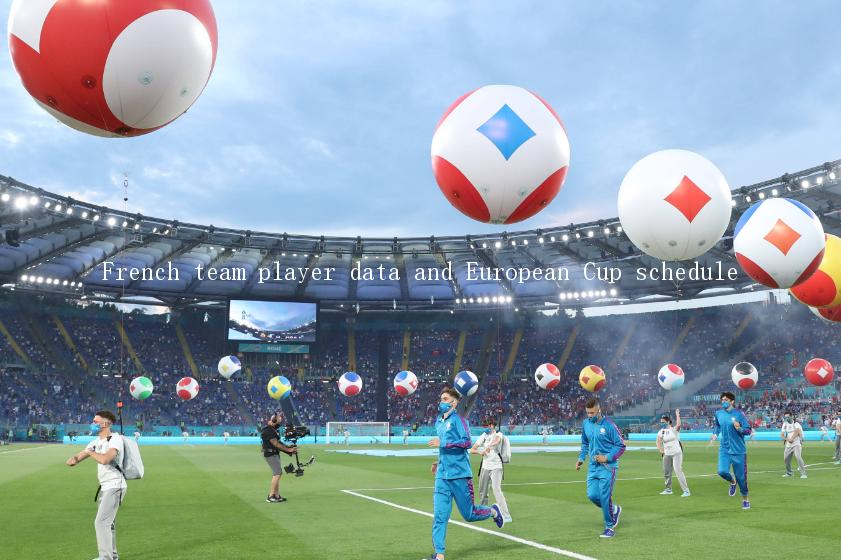Conflicts and disputes between football players and players
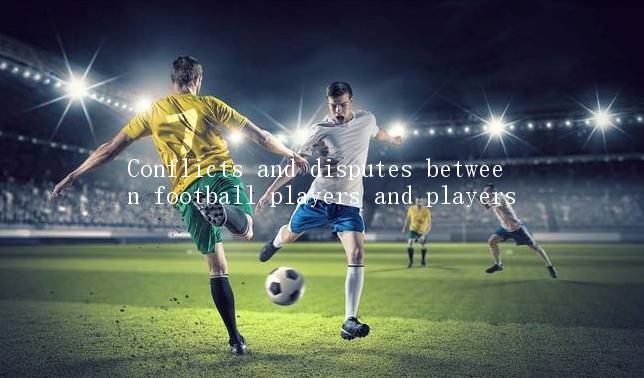
Football is a very passionate sport, and conflicts and disputes between players often occur. These disputes may stem from competition and fouls in the game, or they may stem from differences within the team and conflicts of personal interests.
Conflicts and disputes between players often occur during games. Players may have disputes and physical competition in order to compete for the ball. The high-intensity competition atmosphere often makes players emotional, and some excessive responses may lead to the escalation of conflicts. For example, after fierce competition during a game, players may develop resentment and make retaliatory fouls, triggering larger conflicts.
In addition, conflicts and disputes between players may also stem from problems within the team. The team is a collective, and possible differences and different opinions between players can lead to conflicts. For example, two players on the team had an argument during an intra-team game over different tactical views. Such disputes may expand outside the field and affect the unity and overall performance of the team.
Conflicts of personal interests are also a common cause of conflicts and disputes between players. The agent's interests and the player's own wishes may lead to disagreements between the player and team management or other teammates. Some players may negotiate with team management in pursuit of better development and treatment, which may lead to disputes and dissatisfaction.
Although conflicts and disputes occur between players from time to time, unity and cooperation in football are equally important. Players need to learn to control their emotions, abide by the rules of the game, and respect others. Only through teamwork and mutual respect can players achieve better results in the game.
RELATED STORIES

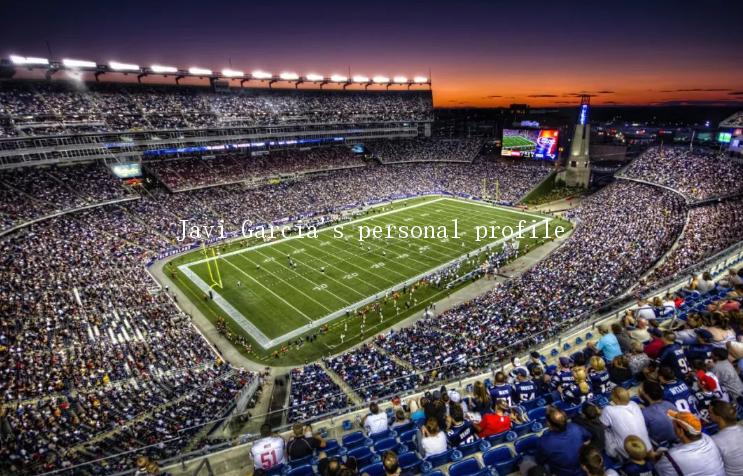

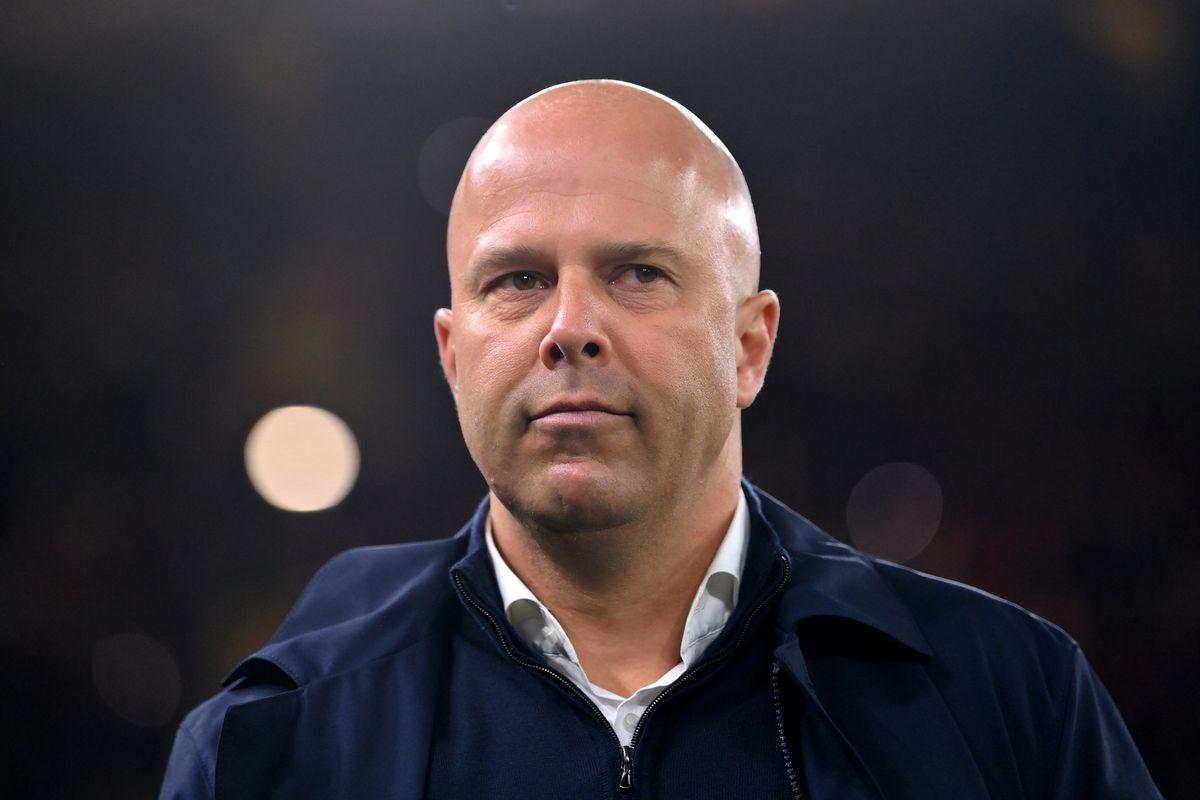

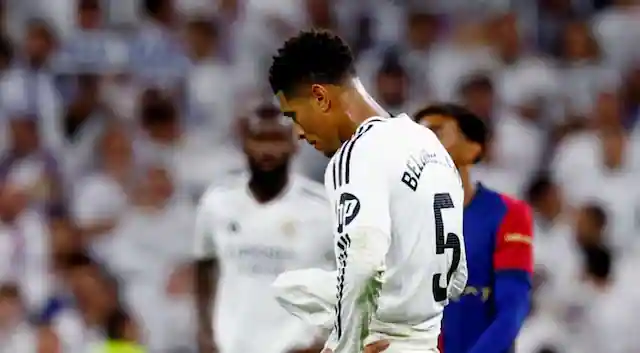
LATEST NEWS

